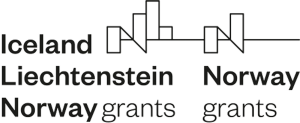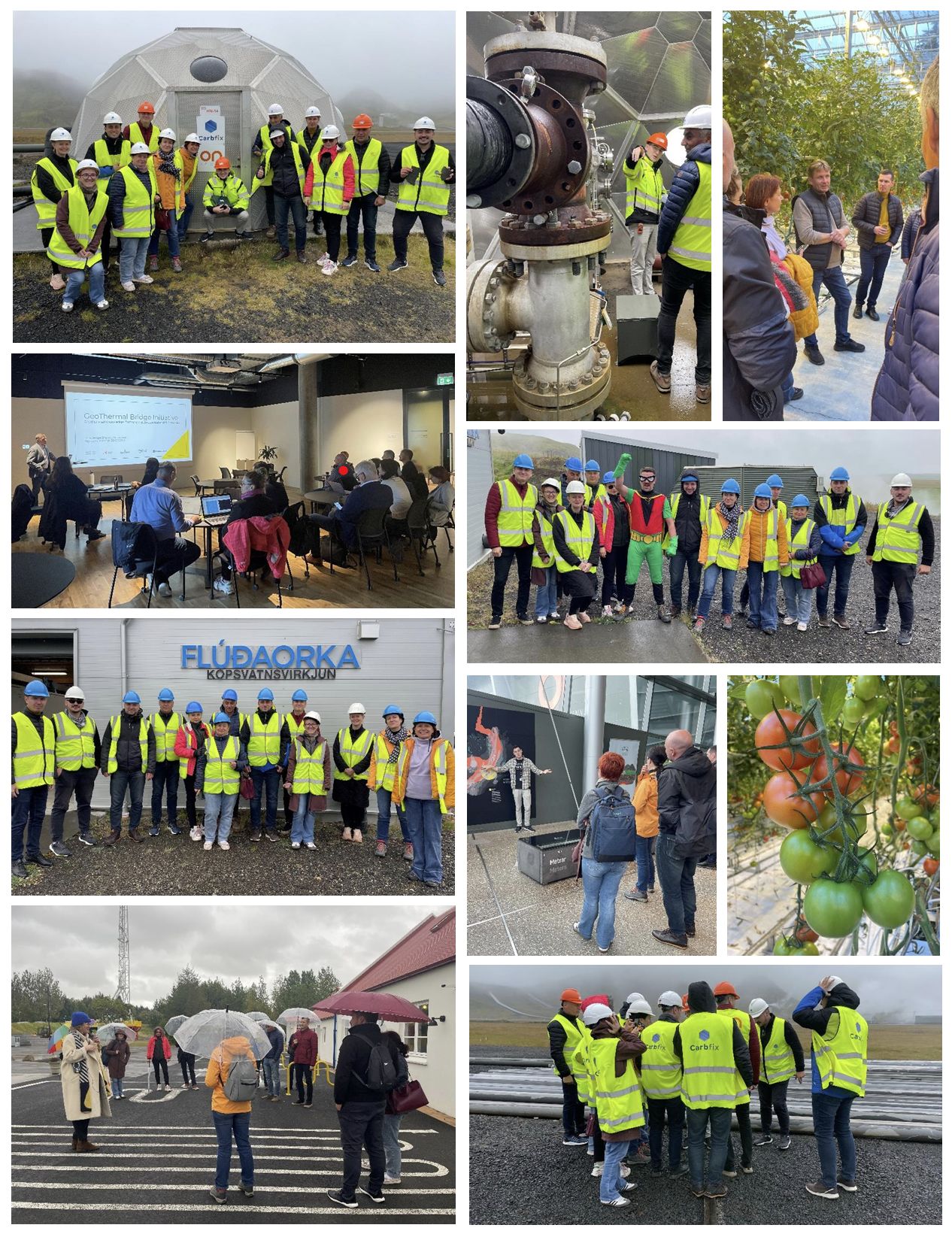
GEORG is participating in an EEA and Norway Grants funded project, GeoThermal Bridge Initiative, which focuses on building strategic collaboration between Romania and Iceland in the field of geothermal energy through knowledge exchange and capacity building. Other partners in the project include Orkustofnun Iceland and UEFISCDI Romania.
A delegation from Romania representing industry, academia, and public authorities travelled to Iceland in early September to learn about the geothermal sector in Iceland, exchange ideas with peers, and prepare new projects to further collaboration between the two countries. A workshop was organized by GEORG on the 3rd of September in Reykjavik where the Icelandic experts introduced their fields of expertise. The group went on a field trip on the 4th of September in the South of Iceland where geothermal sites were visited. The visit concluded with a meeting on the 5th of September to discuss the results of the trip.
The project focuses on three key objectives:
- Geothermal knowledge and capacity building: Iceland’s expertise will give Romania practical insights on efficient geothermal resource management.
- Research and innovation: Transnational projects will be developed to accelerate Romania’s geothermal development, with potential funding from international programs.
- Strategic long-term cooperation: A framework for ongoing collaboration will be established to address shared energy challenges, such as climate change, energy security, and sustainable development.
Preparations for a workshop in Romania in October are now underway, where experts from Iceland will visit their Romanian counterparts in Bucharest to develop new ideas to further geothermal development.
Contact our project lead, Ester Halldorsdottir, for more information.
The GeoThermal Bridge Initiative is supported by a grant from Iceland, Liechtenstein and Norway through the EEA Grants Romania 2014-2021, in the frame of the Energy Programme Romania.



